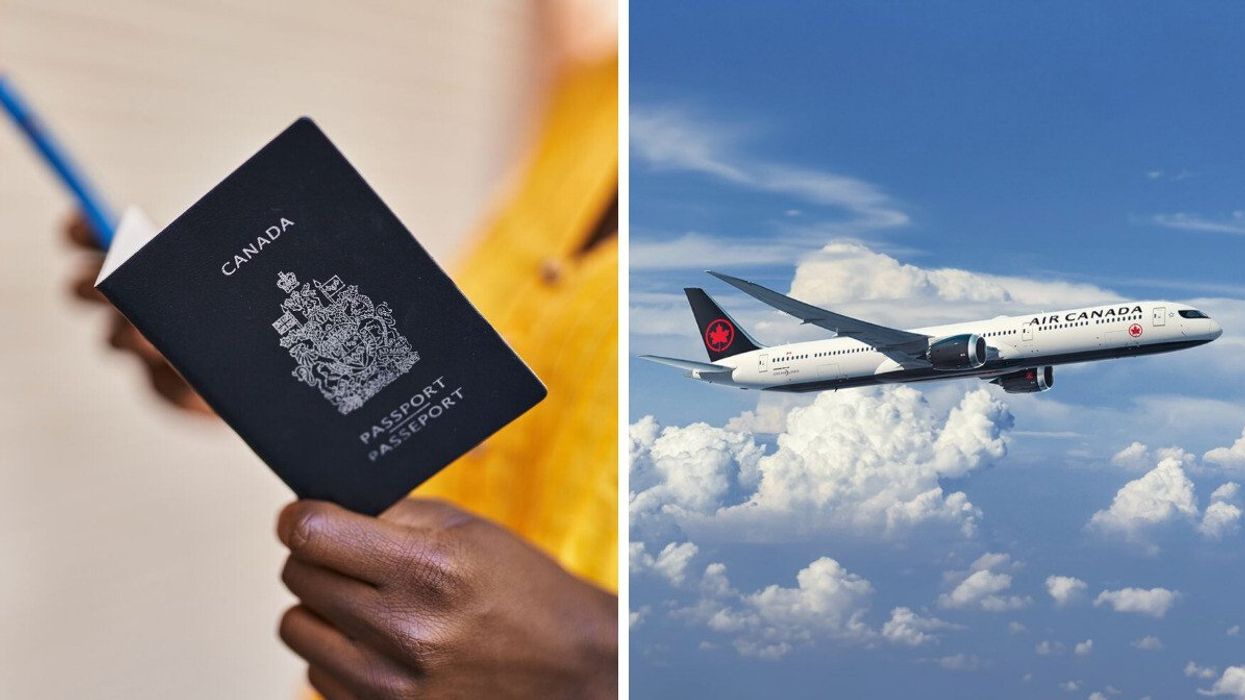Credit: Unsplash/CC0 Public Domain
A new study led by researchers at the UC Davis Comprehensive Cancer Center shows that current smokers have a 12% increased risk of laboratory-confirmed viral infection and a 48% increased risk of being diagnosed with respiratory disease. These results did not differ depending on the type of virus, including the coronavirus.
Combined with past findings, the current findings, published today in the Research on nicotine and tobacco The journal supports urgent recommendations to intensify tobacco control efforts to combat COVID-19.
“Past studies have shown this smoking increases the risk of contracting COVID-19 disease severitybut the risk of infection was less clear,” said Melanie Dove, a tobacco researcher at the University of California, Davis and lead author of the study. “The results of our study show that smokers have an increased risk of viral infections, including the coronavirus and respiratory diseases.”
The results of the study
Researchers re-analyzed data from the British Common Cold Study (BCS), a 1986-1989 pilot study in which 399 healthy adults were exposed to 1 of 5 common cold viruses. This included a type of common coronavirus (coronavirus 229E) that existed before the new coronavirus (SARS-CoV-2 virus) that causes the disease COVID-19. Data from the British Cold Study are available from Carnegie Mellon University Common Cold Project website
UC Davis researchers calculated overall and coronavirus-specific unadjusted and adjusted relative risks for current smokers and each outcome (infection and disease), testing whether each association varied by type of respiratory virus.
The data showed that current smokers have an increased risk of respiratory viral infections and diseases, with no significant difference between virus types. The increase in association with only the 229E coronavirus did not reach statistical significance. This was probably due to the small sample size of only 55 participants, of which 20 were smokers.
These findings are consistent with the known damage caused by smoking to immune and respiratory defenses, as well as some observational evidence of increased COVID-19 infection and disease progression in current smokers.
“Apart from examining associations by virus type, the main reason we re-analyzed the original British common cold study was to report risk ratios rather than odds ratios,” Dove explained. “The odds ratio may overestimate the strength of the association if the event is not rare (less than 10%), so our results are slightly lower (1.48 compared to 2.1 in the BCS). The relative risks of this study may provide estimates of the strength of associations that can be used to inform tobacco control decisions.’
Compared with other study designs, the BCS is considered a high-quality study because of its randomized trial design, small number of missing data, accurate definitions of smoking status, and laboratory-validated data. Observational studies have limitations. These include that current smokers are more likely to be screened because of increased symptoms and smoking status that is not reported in electronic health records. In addition, infected individuals who quit smoking immediately before examination or hospitalization are often recorded as non-smokers or ex-smokers.
One of the major limitations of this study is that the lung is normal coronavirus 229E may have different biological effects and health effects than other coronaviruses, including SARS-CoV-2. In other words, the results may not be applicable to other coronaviruses.
“These findings may have implications for population-level tobacco control as a strategy to prevent infection with COVID-19,” said Eliza Tong, senior author and professor of internal medicine at UC Davis. “A quarter of the US population currently smokes or has high levels of cotinine, a metabolite of nicotine, and there is no safe level of smoke exposure for nonsmokers. Global tobacco control is also critical, as smoking rates are even higher in many countries.” .
Other UC Davis researchers involved in the study included Bruce Leistikov and Nosin Khan of the Department of Public Health.
Melanie S Dove et al, Current Smoking and Risk of Coronavirus Infection and Illness in a Highly Controlled Challenge Study: A Re-analysis of the British Cold Study, Research on nicotine and tobacco (2022). DOI: 10.1093/ntr/ntac148
Citation: Smoking Increases Risk of Diseases and Viral Infections, Including the Type of Coronavirus (2022, October 4) Retrieved October 4, 2022, from https://medicalxpress.com/news/2022-10-illness-viral-infection-coronavirus .html
This document is subject to copyright. Except in good faith for the purpose of private study or research, no part may be reproduced without written permission. The content is provided for informational purposes only.






